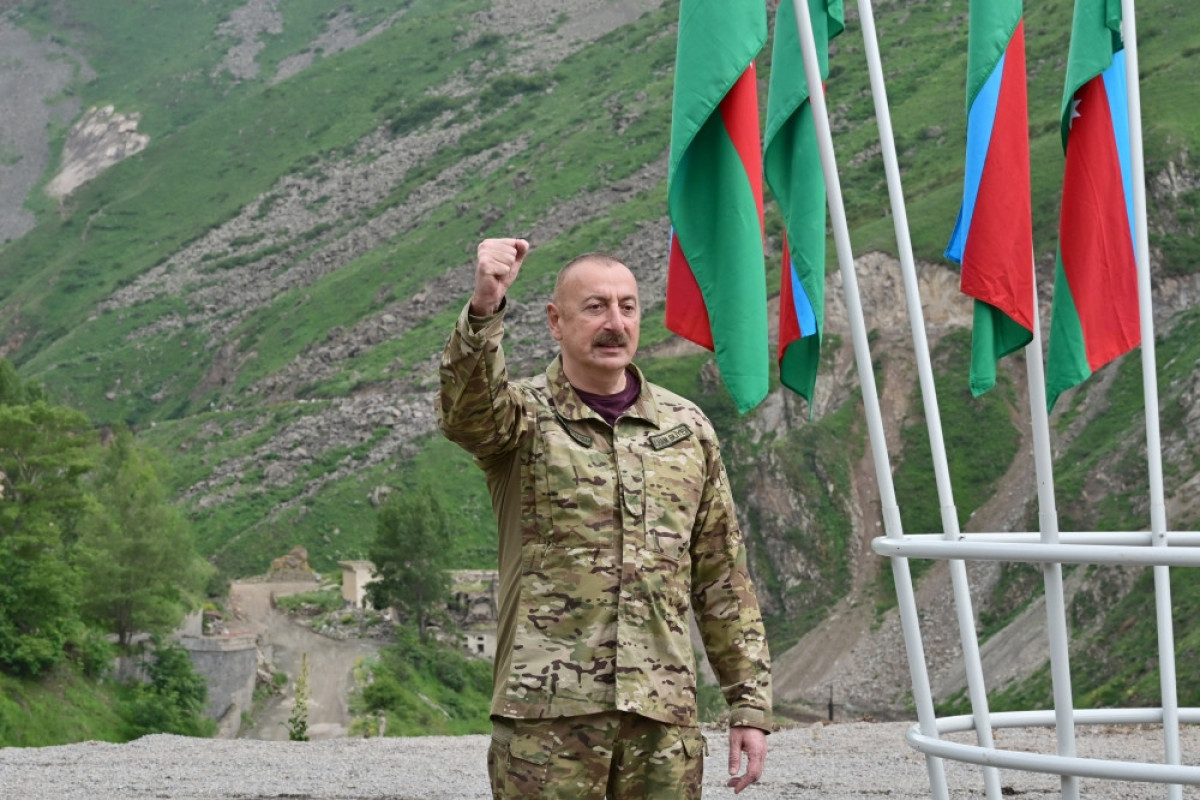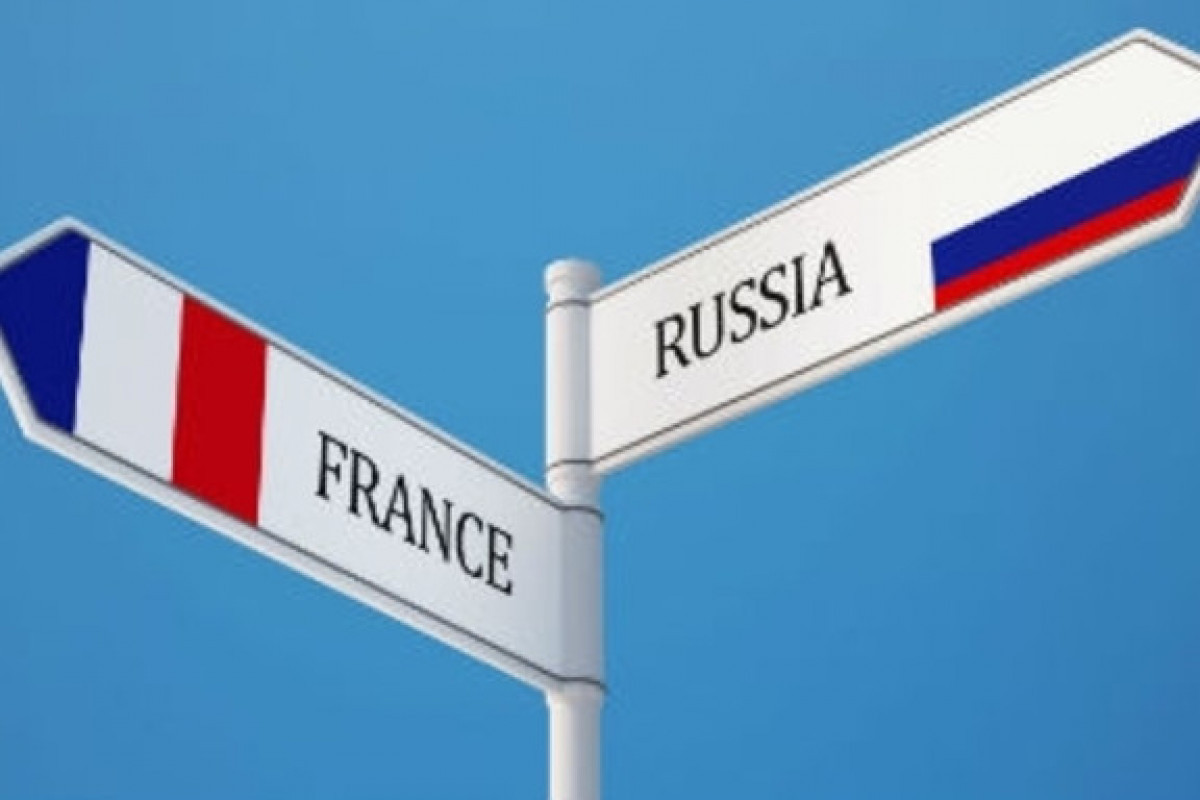Parliamentary elections in Azerbaijan: Don’t hold your breath – ANALYSIS

The ruling New Azerbaijan Party, known by its Azerbaijani acronym YAP, is expected to get the majority of seats in parliament. The advantage of the ruling party chaired by President Ilham Aliyev is obvious. It has attached greater attention to intellectuals in its list this time and in contrast to other political parties and blocs, it is clearly a strategy in the list of the ruling party that YAP candidates are supported and legitimized by the party as a whole and not just a select few individuals. This is a list prepared in response to a voter consciousness formed in the past few years: Azerbaijani voters elect political forces rather than individuals. In this regard, the YAP list is no surprise.
At a closer look, the New Azerbaijan Party list of candidates shows that the ruling party intends to preserve and partially update the previous composition of the parliament. Only eighteen party members who had been elected in the previous election have not been included in the new list, some simply due to old age and others who are seen as having made "political mistakes".
The decision by the largest two opposition parties, AXCP and Musavat, to join the election marathon as a bloc excited the passions, but the list of the bloc candidates was sobering, because it was perceived to be less impressive than the list of candidates nominated separately by these parties in 2005. This list clearly shows that the parties were weakened and lost staff, resources and self-confidence in the meantime. While, for instance, Musavat Party had been able to nominate candidates in the primaries in 2000 for every constituency, it has now decided leave many of the seats to its ally.
A similar trend can be observed in other parties and electoral blocs. Most parties represented in other coalitions have no discernible attitude, let alone aptitude, to government.
The political scenery observed on the eve of the parliamentary elections in Azerbaijan is that political forces, with the exception of YAP, have little or no confidence to win the elections. Political parties in most societies start preparations for elections at least two years in advance and determine their candidates and platforms during this period. The situation on the eve of the parliamentary elections in Azerbaijan is markedly different. Despite the start of the elections, the political parties have failed to determine their candidates and electoral strategies. Under the circumstances, it would be unreasonable to expect the public displays and demonstrations observed 5 years ago.
Again, independent candidates are not expected to get a significant number of seats in parliament. The election does not promise any serious change in the political map of Azerbaijan and present observations show that new political forces are not likely to appear after elections.
Political

Ilham Aliyev achieved to return Gazakh's 4 villages to Azerbaijan without single bullet or bloodshed -ANALYSIS

Parisian stance: France is experiencing diplomatic stress in its relations with Azerbaijan and taking chaotic steps -ANALYTICS
 ANALYSIS'>
ANALYSIS'>
France-Russia confrontation is escalating openly: Paris turns into Moscow's main geopolitical rival-ANALYSIS

Endless games of ICRC: Time comes for organization to leave Azerbaijan -ANALYTICS
NEWS FEED
At least 15 dead in boat sinking in Central African Republic
DPRK test-fires new anti-aircraft missile
Three injured after chemical plant fire in U.S. Houston
Russian government increases customs duties on beer from unfriendly countries
Chairmanship of COP29 will bring Azerbaijan closer to its global goals - Minister
EU, Finnish leaders call for de-escalation amid Iran-Israel tensions
Azerbaijani pavilion launched at 60th Venice Biennale-PHOTO
EU welcomes agreement on return of 4 villages of Azerbaijan's Gazakh
Western Azerbaijan Community: G7 damages normalization of Azerbaijani-Armenian relations
Netherlands allocates over $210 million for ammunition for Ukraine
NATO Chief: "There are systems including Patriot systems available to be provided to Ukraine"
Azerbaijan, Kazakhstan hold consular consultations-PHOTO
House votes to advance foreign aid bills, despite GOP defections
NATO allies pledge additional air defence systems for Kyiv, Stoltenberg says
Azerbaijani FM received Algerian ambassador on occasion of end of his diplomatic tenure
Italy demonstrated a fair position during a critical moment, Azerbaijani FM says
Italian Ambassador completes his diplomatic tenure in Azerbaijan
Azerbaijan, Japan mull cooperation possibilities in field of tourism
Azerbaijan State Oil Fund’s assets exceed USD 57 bln.
Ilham Aliyev achieved to return Gazakh's 4 villages to Azerbaijan without single bullet or bloodshed -ANALYSIS
Armenia agreed to return 4 villages of Azerbaijan that were under occupation - Azerbaijani MFA
Azerbaijan exchanges experience with Türkiye on occupational safety and hygiene
Azerbaijan and Armenia agreed to base their delimitation process on Alma-Ata Declaration
Baku, Yerevan to deploy their border services simultaneously and in parallel on agreed parts of border line
Azerbaijan and Armenia agree on returning of Gazakh's 4 villages
Azerbaijan-Armenia delimitation commission holds next meeting, reaches an agreement on number of issues
Police arrest man in Paris Iran consulate incident, source says -UPDATED
Azerbaijani President to visit Germany, hold talks with Chancellor
Russian, Azerbaijani Presidents to meet in Moscow
Armenia benefits the most from EurAsEC - Russian FM
G7 Foreign Ministers call Azerbaijan and Armenia to be committed to peace process
Baku French Lyceum ceases its activity-UPDATED
Azerbaijan's Prosecutor General made remark at IPA meeting in China
Russia won’t allow NATO to move closer in Ukraine — Lavrov
Russia calls on all sides to exercise restraint in Middle East - Kremlin
"Azerbaijan Airlines" CJSC became a member of the ACI Europe
Azerbaijani FM, Palestinian PM discuss situation in Gaza
Azercell announces Crisis Management Group Project
Hearings at International Court of Justice based on Azerbaijan's preliminary objections concludes
No plans for pauses in fighting if talks on Ukraine begin, Lavrov says
Russia knows French military instructors working in Ukraine — Lavrov
NATO concerned about adoption of foreign agents law in Georgian parliament
Turkish Foreign Ministry called on Israel and Iran
Leader of the region: Baku Airport again awarded Skytrax
Nigerian military kills 192 suspected terrorists in one week
Russian FM outlined some aspects of the Istanbul agreement with Ukraine
Azerbaijan to create artificial land plots in Caspian Sea for construction
Apple deletes WhatsApp, Threads from China app store on orders from Beijing
Rosatom ready to implement renewable energy projects in Türkiye- Akkuyu Nuclear
Azerbaijan will grant fathers right to receive a labor pension under favorable conditions for children

